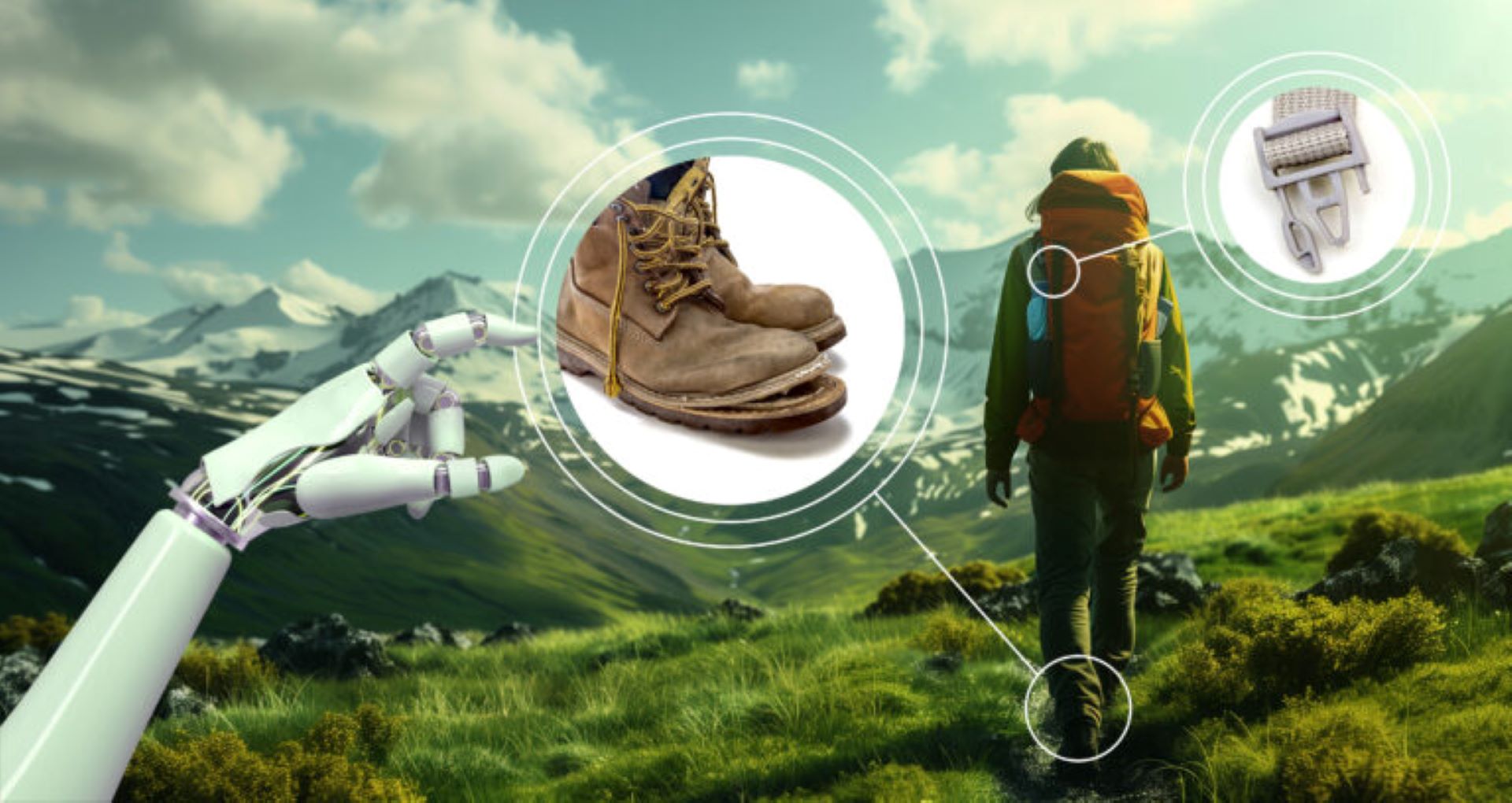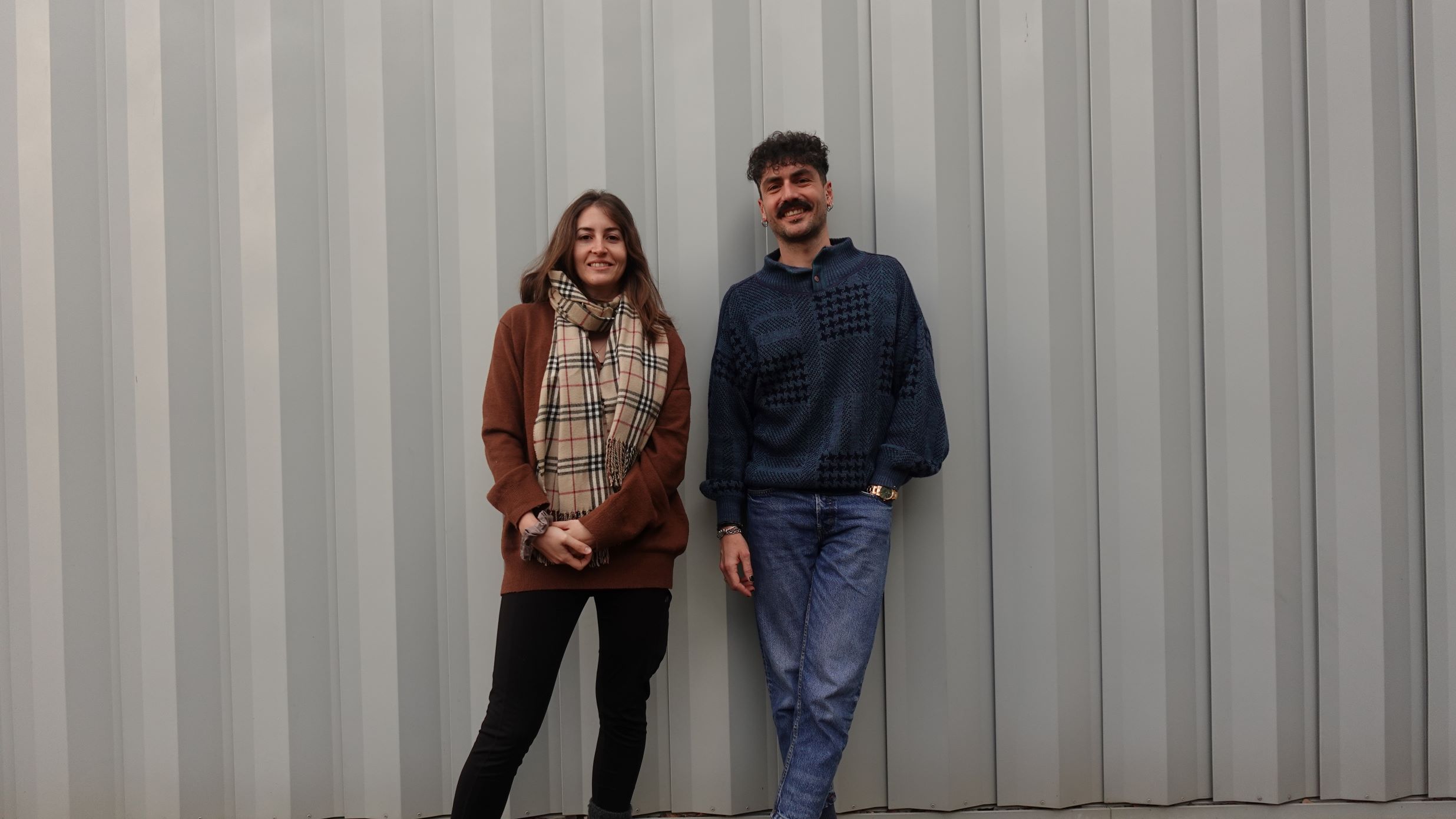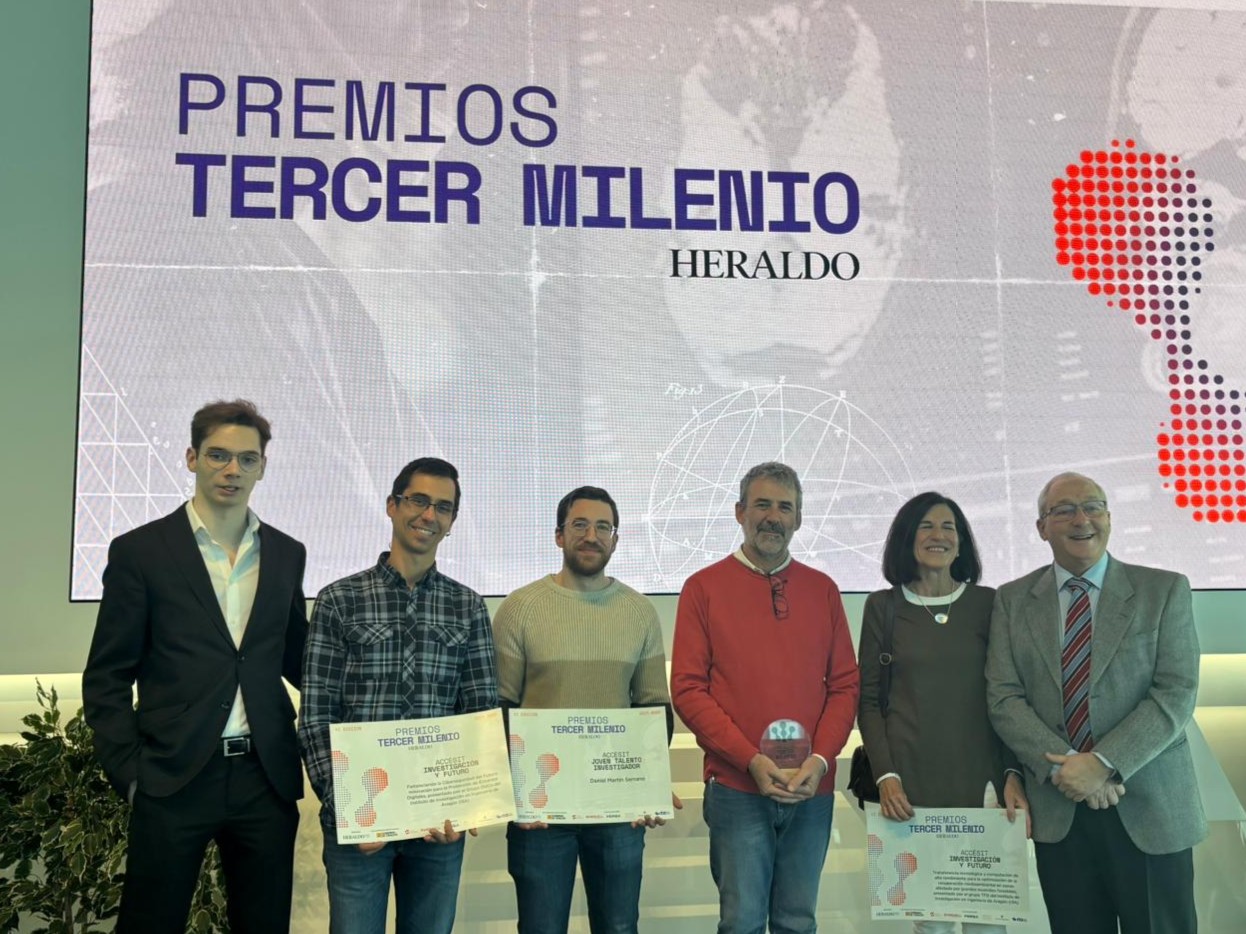
In the European Union, more than 627 million pairs of shoes and more than 7 million tonnes of textiles are put on the market, but only 10% of footwear is recycled, the rest goes to landfill and incinerators. Nine European organisations have joined together in the REMAIN project, co-funded by ERDF, to work on finding solutions through robotics. Their aim is to develop a multi-robot system to disassemble defective products and prepare them for introduction into manufacturing lines.
In this sense, the REMAIN project, which includes researchers from the I3A Unizar Robotics group, aims to give a second life to manufactured products, especially footwear. The aim is to develop a circular and sustainable model, integrating remanufacturing into industrial business models and promoting designs that facilitate repair and recycling. An eco-design guide will also be published to improve durability, repairability and recycling.
The REMAIN project arises from the situation of a large part of the industrial fabric in the SUDOE area (Southwest Europe), with small and medium-sized companies that have a low technological level in their production processes, especially due to the high cost associated with the development and implementation of new technologies. As explained by the research groups involved, these sectors manufacture many commonly used products that have a short life cycle, either because the cost of acquiring a new one is relatively low or because of the difficulties in repairing or renewing them. All of this leads to a huge amount of inappropriately discarded waste.
Robotic remanufacturing of deformable industrial products
This project, whose main beneficiary is the Research Association for the Footwear and Allied Industries, was launched a year ago and will run until December 2026. During this time, they will work to introduce the remanufacturing process as part of the business model associated with these industries, highlighting the importance of design for the development of products that are more easily repaired or recycled. They will develop new tools to detect damage to used products and a multi-robot system capable of disassembling them and preparing them for reintroduction into the manufacturing chains of these products.
In short, the aim is to make repairing a product viable as an alternative to buying a new one or discarding a used one. On the other hand, the advances in the development of this remanufacturing system will represent benefits for industries, which will be able to have a new line of business that contemplates the reduced use of raw materials; for consumers who will find it easier to repair their used products or buy used goods at a reduced cost and, above all, for the environment due to the reduction of the waste produced and the reduction of the pressure on natural resources. At the same time, social cohesion and territorial and demographic balance are promoted in the SUDOE through innovation and transformation of the productive sectors.
REMAIN is an Interreg SUDOE project, co-financed by the European Union. It is made up of nine organisations, the Research Association for the Footwear and Related Industries; University of Zaragoza, Aragon Institute of Engineering Research (I3A); University of Alicante; - Universidade de Coimbra, Faculdade de Ciências e Tecnologia, Departamento de Engenharia Eletrotécnica e de Computadores; Clermont Auvergne INP; Federación de Industrias del Calzado Español; Sma-RTy SAS; Automática y Control Numérico, SL and CÂMARA DE COMÉRCIO E INDÚSTRIA DO DISTRITO DE AVEIRO.
The project has a budget of 1,929,050.00 euros and an ERDF grant of 1,446,787.50 euros.
More information, project website: https://interreg-sudoe.eu/proyecto-interreg/remain/




